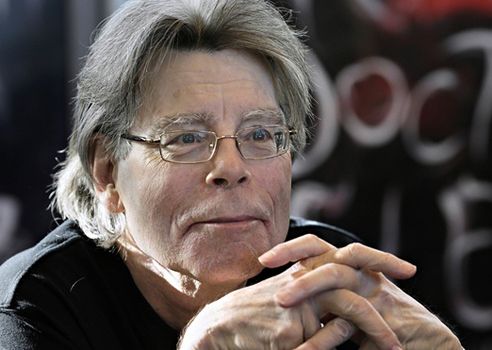Reading time: Just over 1 minute
This is my weekly installment of “writing about writing,” in which I scan the world to find websites, books and articles to help other writers. Today I discuss a New York Times article by Stephen King…
I’ve never been a fan of horror. But even though the genre doesn’t appeal to me, I wanted to learn why so many people rave about Stephen King. Several years ago, I decided to force myself to read one of his novels. I chose The Shining, because it was well-known and, apparently well liked. (Also, I had never seen the movie so I wouldn’t have had any false expectations created for me.) But, yikes! I hated that book. Not because of the horror but because I found the writing so wooden and the plot so predictable.
Earlier, I’d read King’s marvellous non-fiction book On Writing: A Memoir of the Craft, and found it interesting and graceful and useful. How could someone who writes so sensitively about writing produce such utter dreck in his own fiction, I wondered. The only conclusion I can make is that I just don’t appreciate Stephen King’s genre. I do have utter respect for just about everything he says about writing, though.
Last week, for example, he speculated in the New York Times on the interesting question: Can a Novelist Be Too Productive?
If I were being catty I might observe he has a vested interest in answering ‘no’ to this question. After all, he’s published 54 novels, including seven under the pen name Richard Bachman and six non-fiction books. He’s also written nearly 200 short stories.
But I find King, the non-fiction writer to be wonderfully thoughtful and persuasive. Here, for example, is part of what he wrote in the New York Times piece:
No one in his or her right mind would argue that quantity guarantees quality, but to suggest that quantity never produces quality strikes me as snobbish, inane and demonstrably untrue.
I’m a big fan of Stephen King’s non-fiction writing, even if I can’t give his horror novels the time of day… Read his NYTimes article and let me know what you think.

